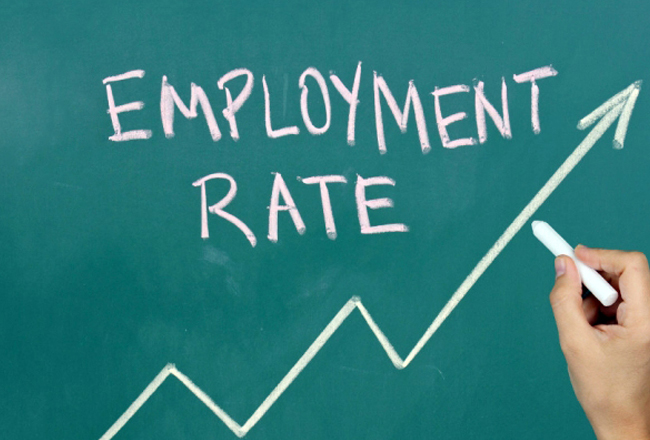 Failure to collect accounts receivable in a timely manner can lead to myriad financial problems for your company, including poor cash flow and the inability to pay your bills.
Failure to collect accounts receivable in a timely manner can lead to myriad financial problems for your company, including poor cash flow and the inability to pay your bills.
If your company is like most, you sell your products or services on payment terms. You send customers an invoice when you deliver products or services and payment is due within a certain time, such as 30 days.
This process creates accounts receivable (AR), which must be collected before your sales are complete.
MAKE COLLECTIONS A PRIORITY
To avoid severe financial problems, you should make AR collections one of your top management priorities. Here are a few suggestions for ways you can improve the process:
Ӣ Create an AR aging report. This report will let you see at a glance the current payment status of all your customers and how much money they owe. Aging reports typically track the payment status of customers by time periods such as 0 to 30 days, 31 to 60 days, 61 to 90 days and 91+ days, as well as the amounts due (or past due).
Armed with this information, you”™ll have a better idea of where to focus your efforts. For example, you can concentrate on collecting the largest receivables that are the furthest past due. Or you can zero in on collecting receivables in the 31- to 60-day range before they become any further behind.
Assign collection responsibility to a sole accounting employee. Giving one employee the responsibility for AR collections ensures that the “collection buck” stops with someone. Otherwise, the task of collections could fall by the wayside as accounting employees pick up other tasks that might seem more urgent.
Ӣ Re-examine your invoices. They should be clear, accurate and easy to understand. Sending out invoices that are sloppy, vague or inaccurate will slow down the payment process as customers try to contact you for clarification. This is inviting your customers to not pay your invoices promptly.
Ӣ Offer customers multiple ways to pay. The more payment options customers have, the easier it is for them to pay your invoices promptly. These include payment by check, Automated Clearing House, credit or debit card, PayPal or even text message.
Ӣ Be proactive in your billing and collection efforts. Many businesses have specific procedures that must be followed by vendors for invoice formatting and submission. Learn these procedures and follow them carefully to avoid payment delays. Also, consider contacting customers a couple of days before payment is due (especially for large payments) to make sure everything is on track.
DEALING WITH PAST-DUE CUSTOMERS
Despite your best collection efforts, you may reach a point where it becomes clear that a past-due customer won”™t (or can”™t) pay an invoice. You need to decide ahead of time how you”™re going to deal with this situation.
One option is to offer the customer a payment plan, especially if the customer has been cooperative and explained that they”™re having temporary cash flow problems. If you offer a payment plan, put all the details in writing, including the full amount due, the amount of each installment payment and the date by which payment in full must be received. Then, have both parties sign the agreement.
If a past-due customer is AR or uncooperative, you need to decide whether to take more formal collection actions in pursuing delinquent balances. Keep two things in mind as you consider this option:
First, it could create ill will between your business and your customer and jeopardize the long-term relationship. Does the past-due amount warrant this risk? Of course, you also have to decide whether keeping a habitually late-paying customer is even worthwhile.
Second, collection agencies or law firms are going to keep a percentage of the amount they collect as their fees. Therefore, it might not be worth the effort if the final amount you net after the fee is relatively small.
IMPLEMENT STRATEGIES
Not prioritizing AR collections can be a costly mistake. Consider implementing some of these strategies to improve collections and boost your revenue and cash flow.
Norm Grill, CPA, (N.Grill@GRILL1.com) is managing partner of Grill & Partners, LLC (GRILL1.com), certified public accountants and consultants to closely held companies and high-net-worth individuals, with offices in Fairfield and Darien, 254-3880.




















